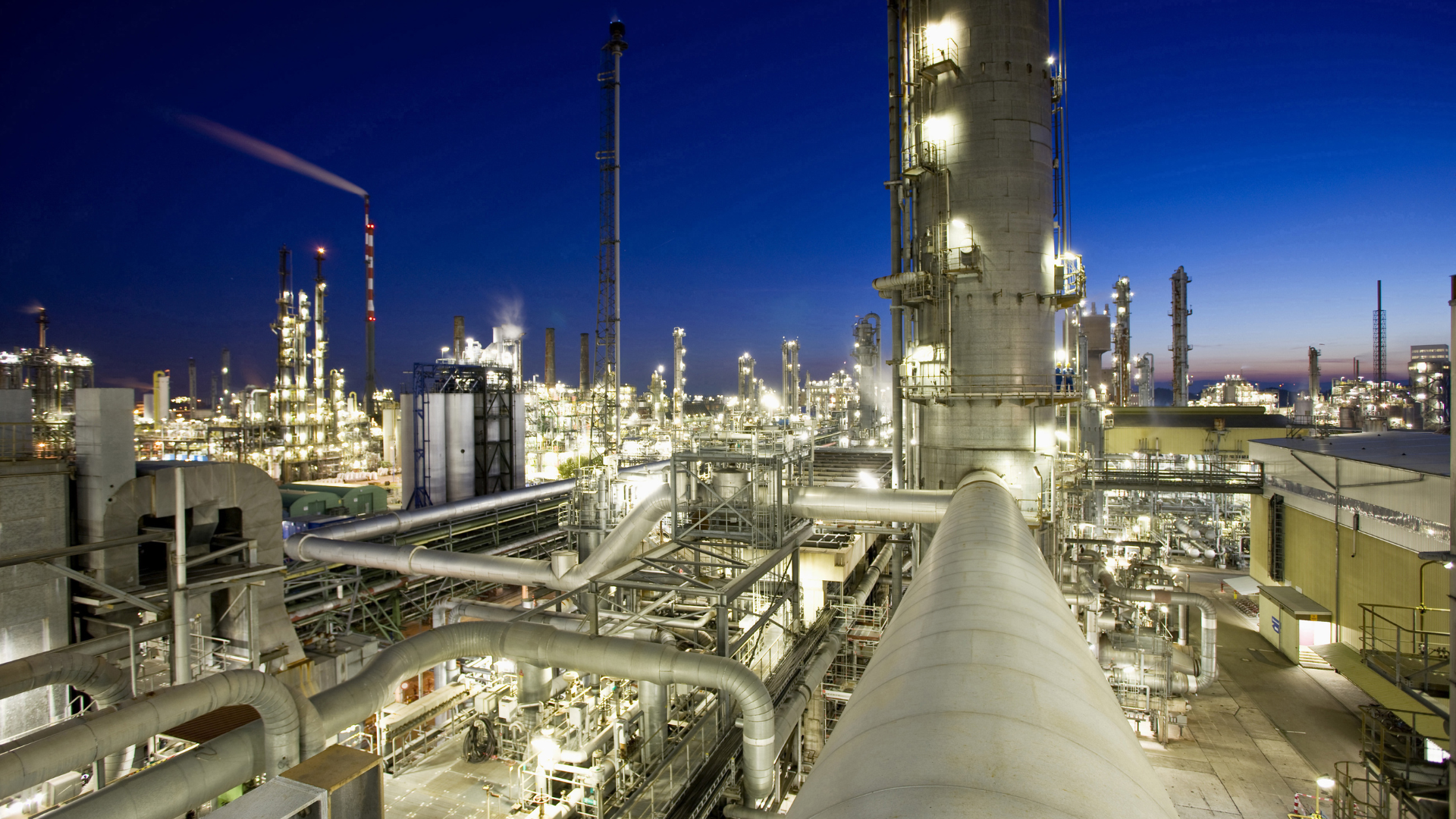Last t week, BASF announced the investment in new manufacturing centers in China, Zhanjiang, and in Germany, specifically Ludwigshafen. These new factories, as it has explained the company in a press release, won't begin to operate until 2023. This investment is driven by the increasing demand in the global market of the scents, aromas and flavors and in which the chemical company German is experiencing a strong transformation to the sustainability.
With the creation of these two new plants, BASF wait and looks for to expand and diversify his area of business of aroma and ingredients, especially in the citral, an organic compound that is present in some essential oils of citrus plants. The plant that will devote to this in China, will strengthen the position of BASF in key regions of growth and will allow to increase the production of a wide range of aromatic ingredients and other products.
Thilo Bischoff, Senior Vice President, BASF Aroma Ingredients added in the press release that "the expansion of our production will benefit to our consumers in the industry of the scent and the flavours with a greater strengthening in the security of the supply. Invest in Zhanjiang is also an important step to the sustainable production in direction with the demands of our consumers with products with a lower impact in the footprint of carbon".
The German company has indicated also that these new movements answer to an optimisation of resources and create efficient synergies. In Zhanjiang, BASF wants to accelerate even more his plan to supply renewable energy to the whole of the place of Zhanjiang and proposes reach 100% for 2025. The company also wants to implement an automation advanced and a process of technologies to optimise the plant and reduce the consumptions of energy, as well as the broadcasts.
